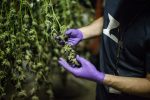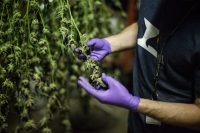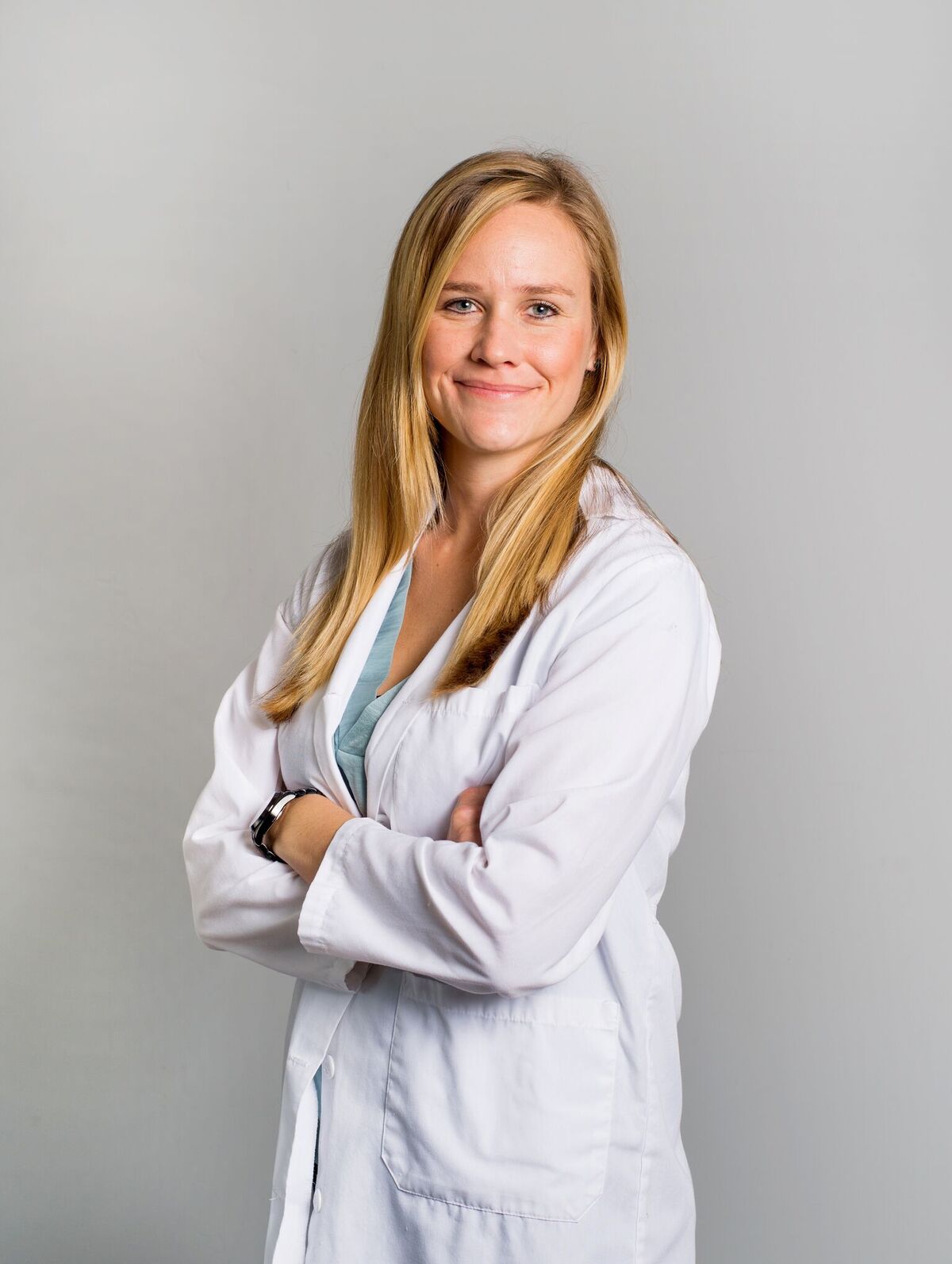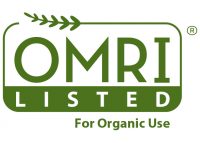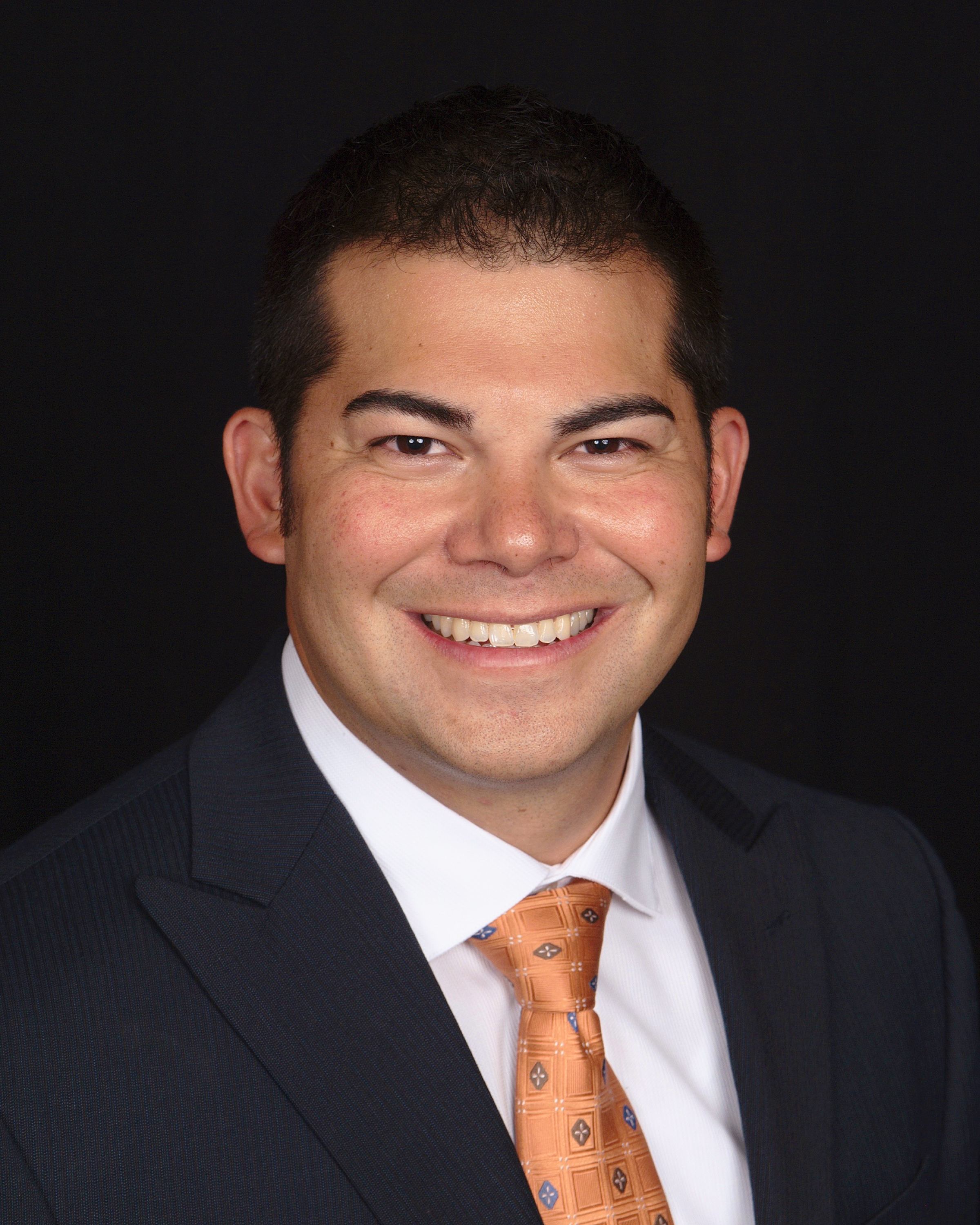Editor’s Note: The views expressed in this article are the author’s opinions based on his experience working in the laboratory industry. This is an opinion piece in a series of articles designed to highlight the potential problems that clients may run into with labs.
This article is the first in a series that will look into the risks any user of laboratory services (growers, processors or dispensary owners) will face from the quality systems in place in the laboratory. I will discuss specific risk areas in clear and understandable language so as to not obscure the substance of the article series with abbreviations and nomenclature that is not familiar with the reader. Subjects of the articles that follow will focus on the specific laboratory certification or accreditation requirements and how the user may find out if their risks are addressed. As these articles are meant to be interactive with the reader, users are encouraged to send questions or suggested topics to the author.
This article will be an introduction to the typical laboratory process that generates the “paperwork wall” and how it might impact the user.My experience with laboratory certification or accreditation (difference between the two discussed later in this article) comes from over 30+ years in the environmental chemistry field. My experiences include working under the Clean Water Act, Safe Drinking Water Act, FIFRA (pesticides) and ISO 17025 laboratory analyses and laboratory management. I have also received training to perform ISO 17025 and EPA Drinking Water audits. During this time I have been audited as a laboratory analyst/laboratory manager and have performed audits.
As such, I can open up the laboratory structure beyond the sterile “paperwork wall” that has been constructed to allow the user to see the quality of data that is used in final reports that can wreak havoc. This article will be an introduction to the typical laboratory process that generates the “paperwork wall” and how it might impact the user.
One of the common misconceptions that a user has with a “certified or accredited” laboratory is that procession of a certificate indicates that ALL laboratory analyses produced are accurate and precise. I liken this to the “paperwork wall” that laboratories produce when the user questions any results reported to them. The laboratory management assumes that they have answered the user complaint (i.e. a certified/accredited laboratory cannot make a mistake) and the user will not pursue further questions once the certificate is produced.Accreditation does not guarantee that the laboratory personnel can perform the analyses the user is paying for; just that the laboratory’s paperwork has been audited.
First off, let’s look at what the difference between the terms certified laboratory vs. accredited laboratory. These simple words mean specifically different types of laboratories. According to the NIST National Voluntary Laboratory Accreditation Program (NVLAP):
- Certification is used for verifying that personnel have adequate credentials to practice certain disciplines, as well as for verifying that products meet certain requirements.
- Accreditation is used to verify that laboratories have an appropriate quality management system and can properly perform certain test methods (e.g., ANSI, ASTM, and ISO test methods) and calibration parameters according to their scopes of accreditation.
So, how does that impact the user?
- If your state or 3rd party certificate only accredits a laboratory, then the accreditation agency only inspects the laboratory’s quality program as it applies to written documents and static equipment. (e.g. The quality manual is written and the standard operating procedures (SOPs) are in place).
- Accreditation does not guarantee that the laboratory personnel can perform the analyses the user is paying for; just that the laboratory’s paperwork has been audited.
- Certification on the other hand says that the laboratory personnel are qualified to perform the laboratory analyses and that the final laboratory results meet specific (certain) requirements. In other words, the laboratory’s quality plan and SOPs are met.
There are three different paths that are utilized by state cannabis control agencies to accredit or certify a cannabis laboratory.
- ISO 17025: The ISO laboratory quality standard for laboratory accreditation is the most broadly used. ISO 17025 is an international standard and its implementation in the United States is regulated by ILAC. There are three 3rd party companies that audit for and award ISO 17025 accreditation certificates. They are Perry Johnson Laboratory Accreditation Inc., ANAB and A2LA.
- TNI: The NELAC Institute standards are utilized by one state to handle their cannabis laboratory accreditation.
- States: Some states have tried to blend an ISO 17025 requirement with their own state’s certification requirements to produce a mixed accreditation-certification program. But, this type of program may rely on two or more agencies (e.g. ISO 17025 3rd party auditors communicating with state auditors) to cover all specific laboratory areas.
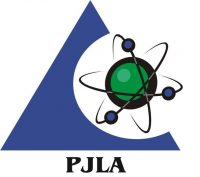 In two of the paths above, the final result is that the laboratory receives accreditation. That means that only the quality management system and the scope (e.g. SOPS, laboratory instruments, etc.) have been audited, not the laboratory personnel or their capabilities. The third pathway may produce a certified laboratory or may not.
In two of the paths above, the final result is that the laboratory receives accreditation. That means that only the quality management system and the scope (e.g. SOPS, laboratory instruments, etc.) have been audited, not the laboratory personnel or their capabilities. The third pathway may produce a certified laboratory or may not.
To provide an example of where an accredited laboratory followed their paperwork but produced inadequate results:
- I received a laboratory report for organic chemical analyses of a client’s process.
- The laboratory results placed the user in noncompliance with the state and federal regulatory limits.
- But, the laboratory result contained data flags (e.g. additional information that explains why the laboratory result failed the laboratory’s quality requirements).
- The laboratory still received payment from the user as the laboratory performed the analyses.
- I had to explain to the regulatory agency that some of the data flags when investigated showed:
- The laboratory failed to use the approved analytical method.
- The detection level for the regulatory chemical was so low that the laboratory had no instrument capable to see those chemicals at the concentrations reported by the laboratory.
- The state regulators accepted the explanation I provided and the user was no longer under a regulatory administrative order.
- But, when I presented this information to the accreditation agency that accredited this laboratory I was informed:
- The laboratory flagged the data so it can be reported to the user.
- If the user wanted more from the laboratory, then the user will have to outline their specific requirement in a quality contract with the laboratory. (i.e. If the laboratory identifies the problems then they can report the data no matter what happens to the user).
So now, what is being done behind the “paperwork wall”? Areas such as those listed below can impact the results received by the user.
- Laboratory quality culture: What does the laboratory staff think about quality in their normal daily work?
- Laboratory staff competence: What is the level of training and real world competence of the staff that actually works on the analyses?
- Laboratory capabilities: Does the laboratory actually have the laboratory instruments and equipment that can perform the analyses the user needs?
- Laboratory quality control parameters: What is in the quality manual and does it make sense?
- Laboratory analytical method validation: Are the analytical methods used by the laboratory validated by approved statistical procedures?
What should the user have in place to limit their risks from laboratory analyses?
- Failsafe sampling preparation plans: Make sure the user samples for the laboratory are collected correctly.
- Failsafe’s on laboratory sample reports: Protect the user from bad laboratory reports.
- User auditing of the laboratory: Go to the laboratory and see if the laboratory can pass muster.
What’s Next: The next article will go behind the laboratory “paperwork wall” to detail the culture that impacts the user results negatively and how that can be recognized. Follow-up articles will help users developing quality plans that identify risks and how to limit them.

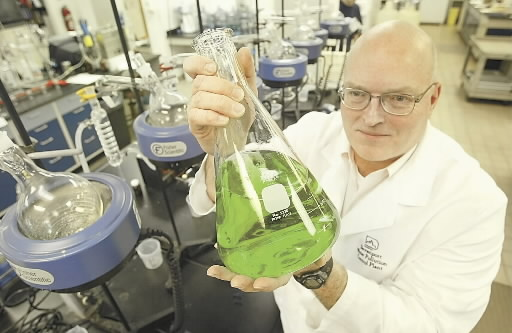

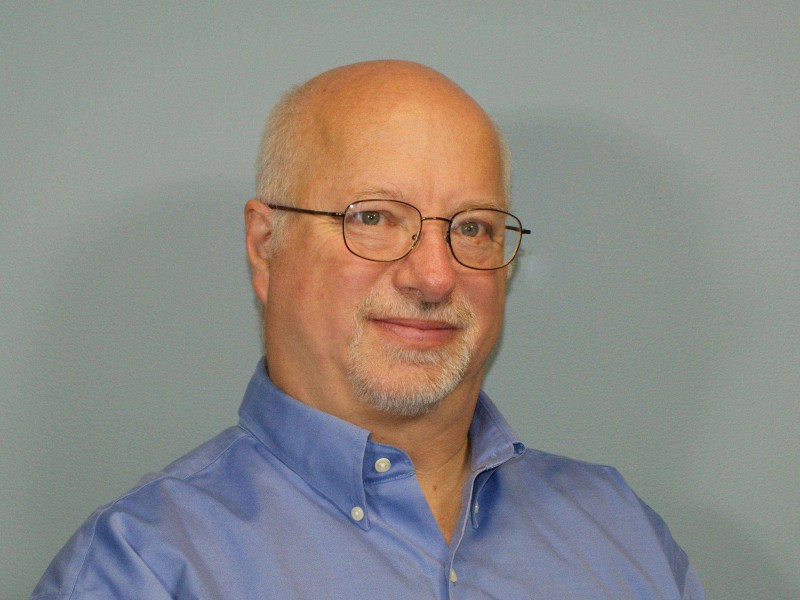

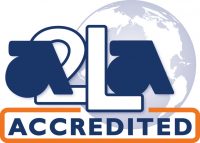 Brauninger has worked at A2LA since 1999. As the manager of their biosafety program, his focus is on developing and maintaining accreditation programs in the life sciences. Brauninger has conducted a number of management system assessments to ISO/IEC 17025 and 17020 and also evaluates other assessors in this role.
Brauninger has worked at A2LA since 1999. As the manager of their biosafety program, his focus is on developing and maintaining accreditation programs in the life sciences. Brauninger has conducted a number of management system assessments to ISO/IEC 17025 and 17020 and also evaluates other assessors in this role.








